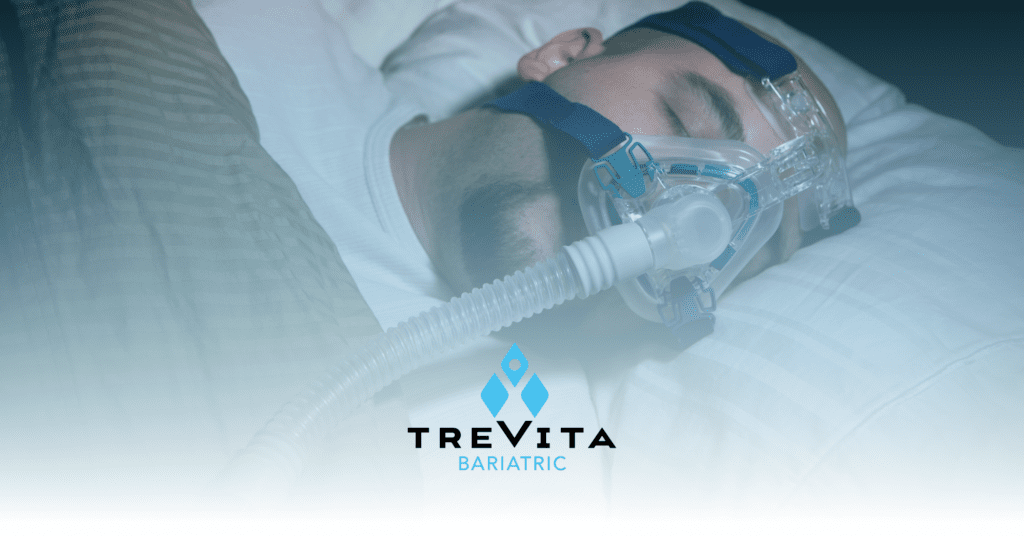Bariatric Surgery Combat Sleep Apnea: Sleep apnea, a potentially severe sleep disorder, disproportionately affects individuals who are overweight or obese, especially in developed countries like the United States. This blog explores how obesity acts as a risk factor for sleep apnea and discusses how weight loss surgery, facilitated by TreVita Medical Tourism, can significantly improve sleep quality and overall health.
Understanding the Link Between Obesity and Sleep Apnea
Obesity is a major risk factor that increases the risk of obstructive sleep apnea (OSA), a medical condition characterized by pauses in breathing during sleep. Excessive body mass index (BMI) contributes to fat accumulation around the neck and upper airway, which can obstruct breathing, leading to frequent awakenings and severe daytime fatigue.
The Impact of Sleep Apnea on Health
Untreated sleep apnea can lead to various health issues, including hypertension, heart disease, type 2 diabetes, metabolic syndrome, and fatty liver disease. The chronic fatigue resulting from disrupted sleep can impair cognitive functions and increase the risk of accidents, posing high risks to both the individual and others.
How Bariatric Surgery Can Help
Weight loss surgery, or bariatric surgery, significantly reduces fat deposits around the neck, enhancing airway stability. Many patients experience a dramatic reduction in sleep apnea symptoms, contributing to long-term weight loss and health improvements. This surgical procedure can decrease the increased risk of developing further complications linked to high body weight.
Bariatric Surgery in Mexico: A Viable Option
Mexico has become a prime destination for bariatric surgery, with its high standards of care and cost-effective options. As a country with advanced medical facilities, it offers various treatment options, including surgical procedures that are on par with those found in the United States and other developed countries.
Why Opt for TreVita Medical Tourism for Bariatric Surgery?
TreVita Medical Tourism tailors its care plans to meet the needs of individuals struggling with obesity-related health issues like insulin resistance and eating habits, which are often overlooked by conventional treatment options. Their comprehensive service spans the entire surgical process—from pre-operative assessments focusing on family member health histories to post-operative care that optimizes long-term weight loss and health.
Conclusion
Obesity-related sleep apnea poses a higher risk of severe health complications, significantly impairing quality of life. Bariatric surgery emerges as a powerful treatment option for reducing or eliminating sleep apnea symptoms by addressing the core issue of excess weight. With TreVita Medical Tourism, patients have access to top-tier bariatric surgery services in Mexico, ensuring a well-supported journey towards better health and improved sleep, endorsed by entities like the World Health Organization for its global health impact.

